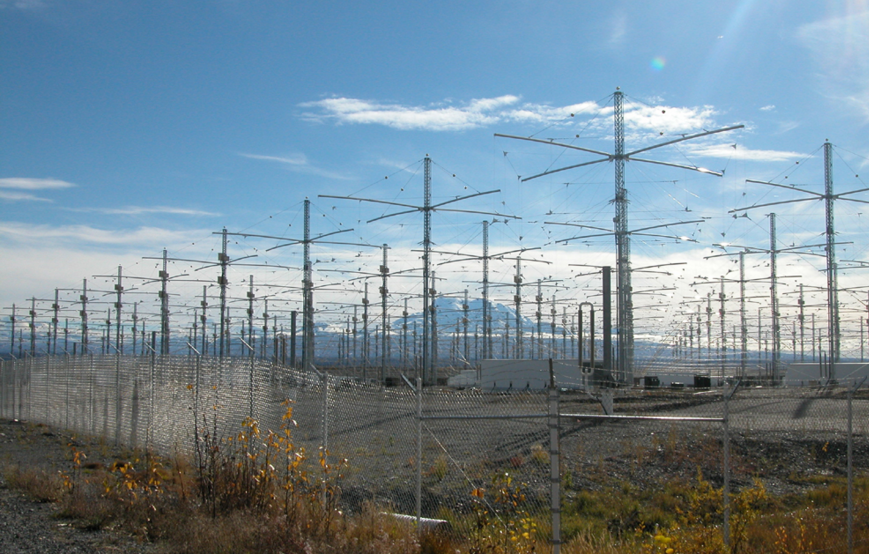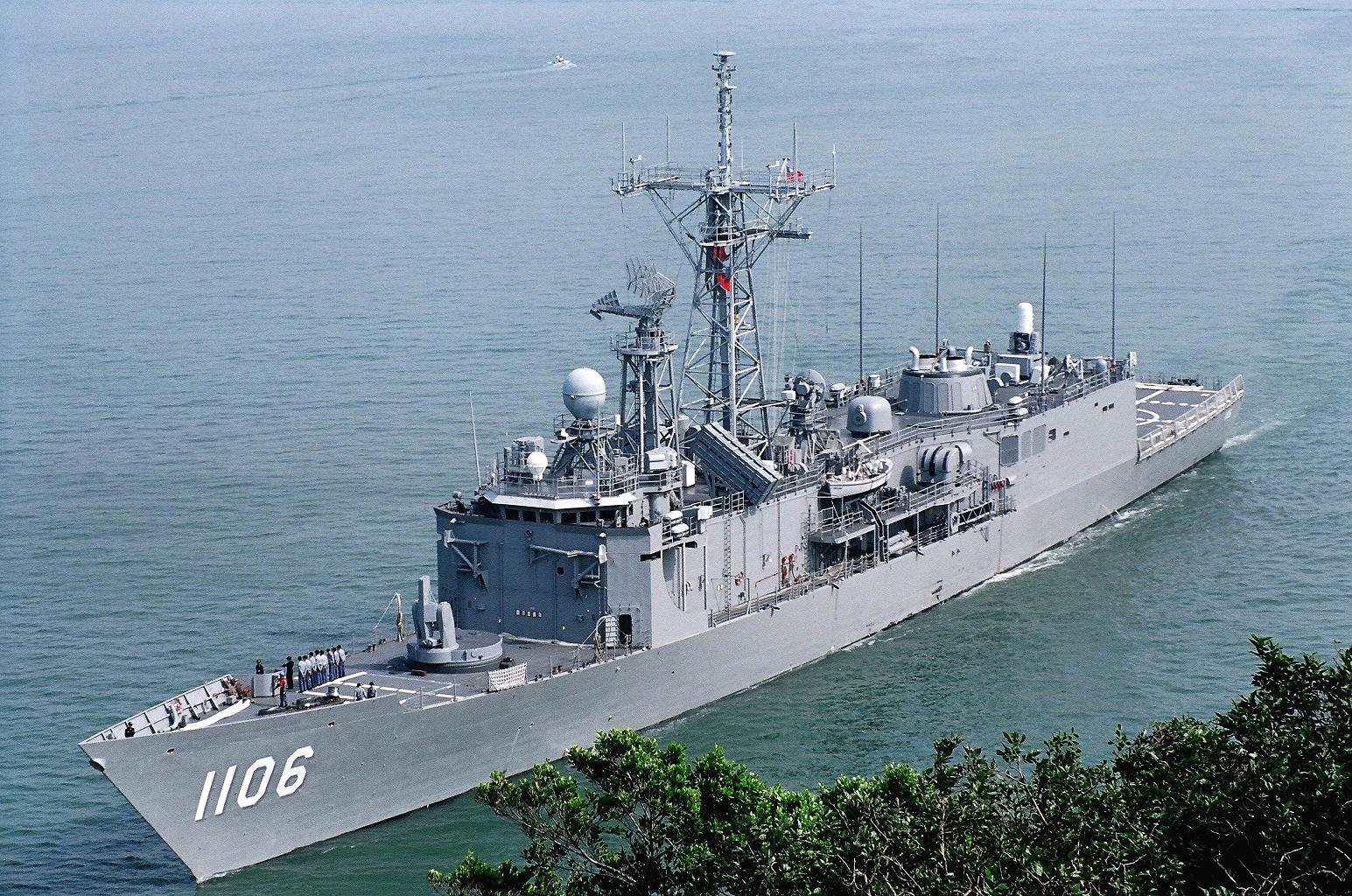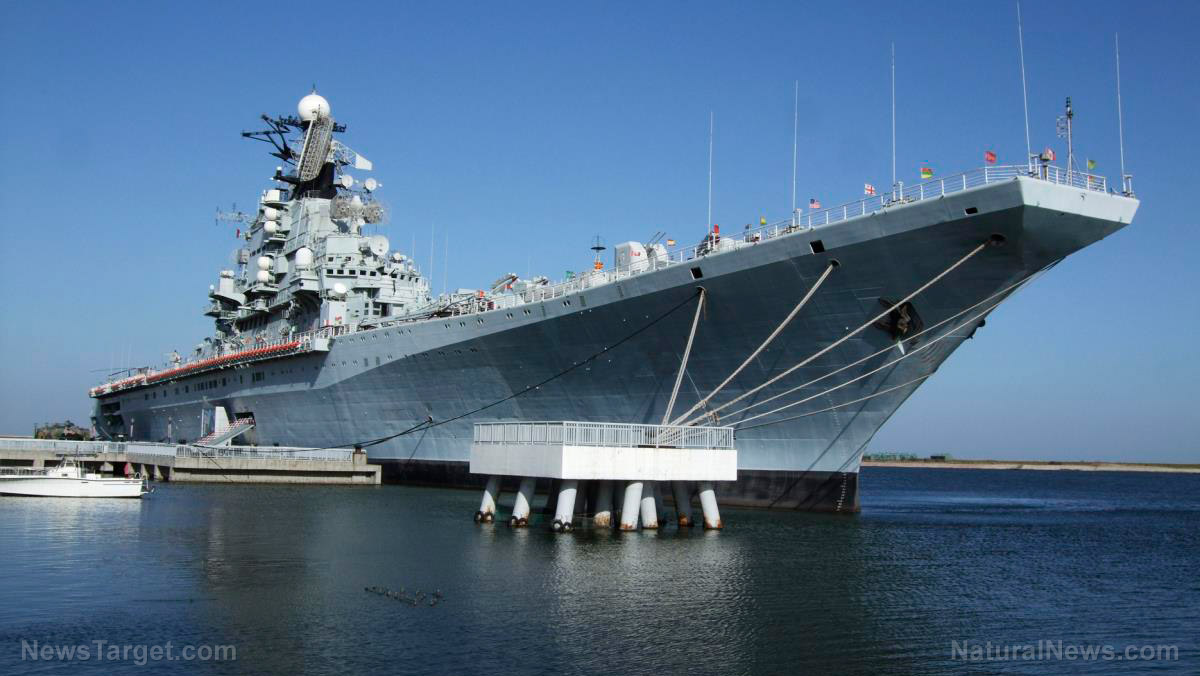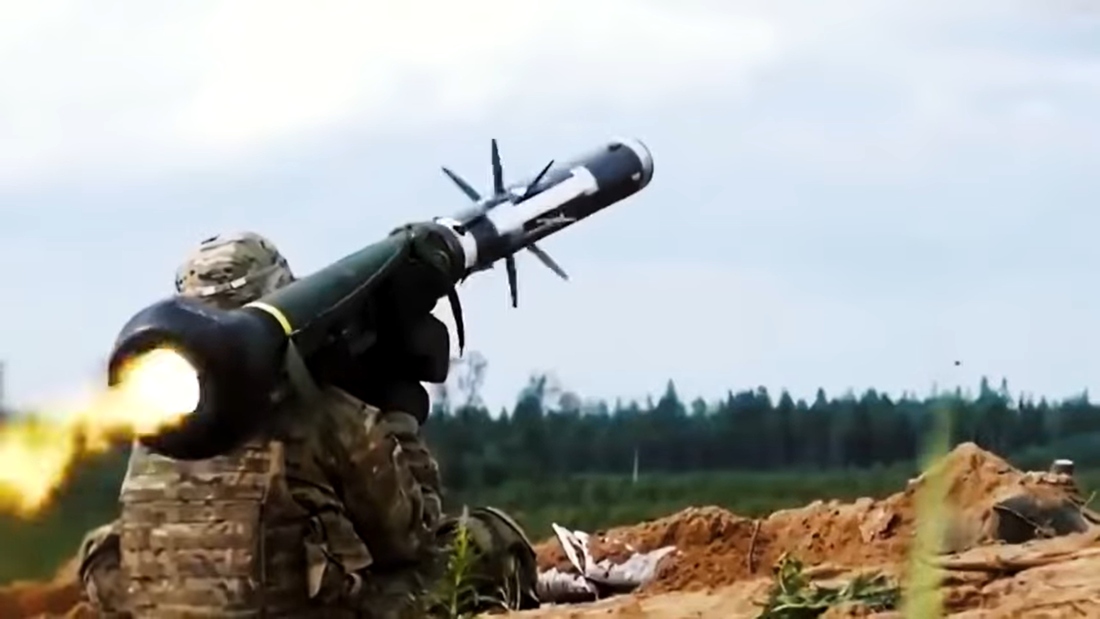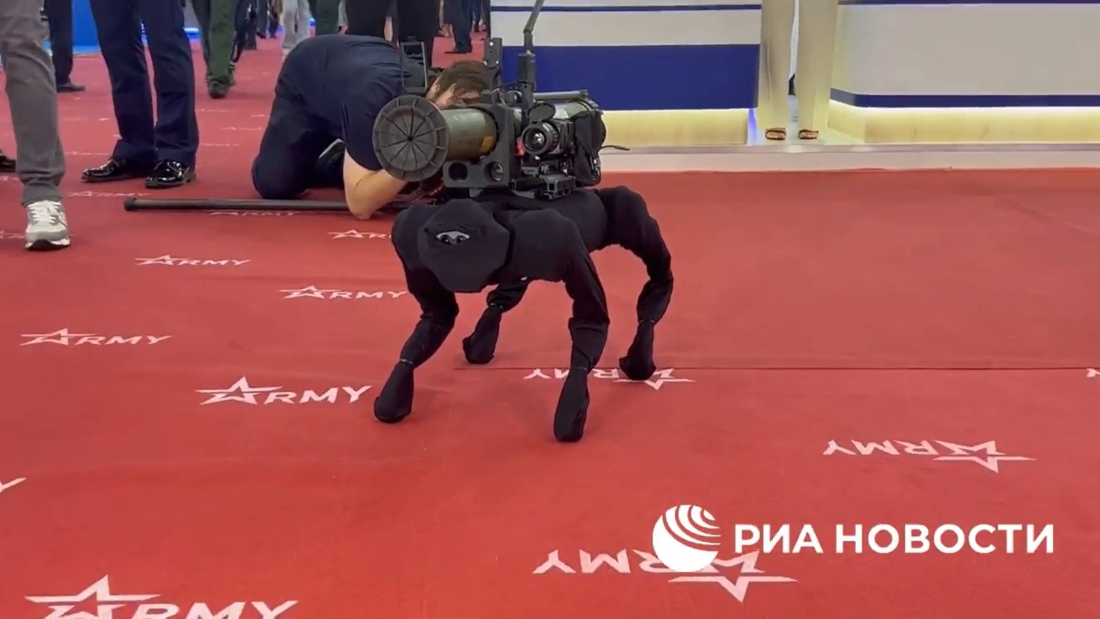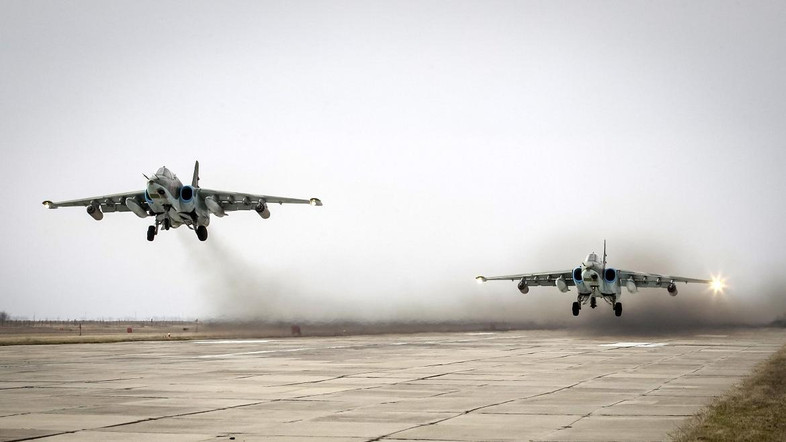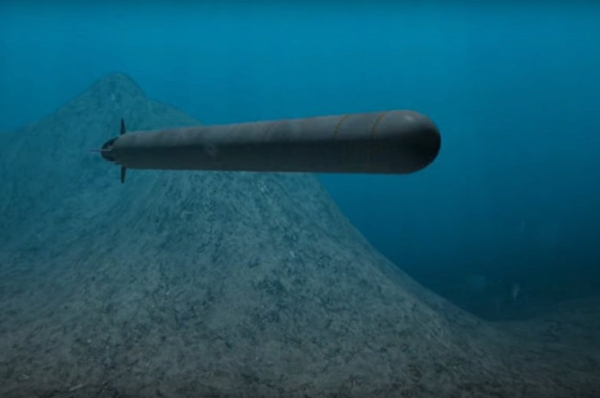Russia’s “Dead Hand” nuclear defense system can autonomously send out hundreds of nukes even after the country endures a nuclear first strike
09/06/2022 / By Lance D Johnson

If Europe or the United States ever went nuclear against Russia and fired the first shots, the Russian nuclear defense system is designed to annihilate its enemies autonomously, even after the country is converted to a wasteland. The Russian nuclear defense system consists of 700 nuclear weapon “carriers” — strategic bombers, nuclear submarines and intercontinental ballistic missile silos — that are poised to unleash hundreds of autonomous nuclear missiles, even if the country is already obliterated by a nuclear attack and no human operators are available. This autonomous “Perimeter” system is called “Dead Hand” and it was created in the wake of the Cold War as a fail safe retaliation defense system to deter nuclear threats from the West.
Russia’s Dead Hand system ensures total destruction of the world if nuclear weapons are used against Russia
After the United States tested out two nuclear missiles over the Japanese cities of Hiroshima and Nagasaki in 1945, the Soviet military command better understood the capabilities of the West and their intemperate manner of war.
To deter a potential nuclear strike on Russian soil, the Soviet military command needed a missile defense system that could operate even if its own human operators were taken out. It would only take one enemy nuclear missile to destroy a command post, knocking out the entire operations for their nuclear facilities. Likewise, advances in radio-electronic warfare threatened standard control channels, potentially putting the entire country’s nuclear arsenal at risk. This is why the Soviet military developed a retaliatory nuclear defense system that could strike from all the intercontinental missile silos without human operators.
This led to the development of an intercontinental ballistic missile (ICBM). In the event of an all-out nuclear war, the hub could be launched, activating hundreds of atomic projectile silos across the Russian territory. This master silo was constructed in the mid-1970s and was explicitly designed to withstand a direct nuclear hit. It was equipped with flight coordinates and radio transmitting equipment that could activate all other missiles across the country during its flight.
In the 1980s, Soviet engineers showed off a prototype of the UR-100N intercontinental ballistic missile. Back then, it could travel 4,500 kilometers at an altitude of 4,000 meters while sending out radio signals to other missiles during its flight. Five years after its first launch, the Soviet military put the entire defense system to the test. They successfully demonstrated that the new weapon could open a real silo during its flight and send another nuclear missile to a designated point. (Related: Russia appears ready to strike the US with nuclear weapons).
The Russians are prepared for any nuclear attack and are prepared to cause a human extinction event
The Russians made history in November of 1984 when they launched their command rocket out of Byelorussian SSR and successfully launched a command to a silo launcher near Baikonur in Kazakhstan. The command activated an R-36M ICBM out of the silo and beckoned it to a precise area at the Kura test site in Kamchatka. This mission was completed after the command rocket traveled across the entire Soviet territory, and proved it could send multiple commands to different missiles across the country. The Russian military adopted the Dead Hand system in 1985, and it is still in use today.
Since its adoption, the new system has been outfitted with radars that monitor the perimeter of Russian territory. Satellites from space are also integrated into the sophisticated monitoring system. Today, a complex computer system monitors radiation levels, seismic activates and data from missile warning systems all across the country. This system uses Voronezh class radars that can detect missile launches up to 7,000 kilometers away, so it can prepare autonomous emergency counter-strikes if need be. The warheads of today are also equipped with electronic warfare defense systems that guard against radio interference or total shut down.
Ivan Konovalov, Development Director of the Foundation for the Promotion of Technologies of the 21st Century said the Dead Hand missiles are currently being equipped with hyper-sonic missile blocks that allow them to rocket off at 5-7 kilometers per second. “The new missiles will be integrated into the military alongside new Sarmat class ICBMs. The latter missiles will be added to the military in the mid-2020s. So, the modified hyper-sonic version of the ‘Dead Hand’s missiles will appear alongside them,” Konovalov says.
With Dead Hand, the Russians are prepared for nuclear war and can call out the heavy-handed nuclear bluffs of the West. Their Dead Hand defense system is designed to thwart an end-of-the-world scenario, but the system is also prepared to do just the opposite – end the world as we know it if Russia is attacked.
Learn more about the possibility of nuclear war between Russia and the U.S. at NuclearWar.news.
Sources include:
Submit a correction >>
Tagged Under:
Cold War, collapse, Dead Hand, destruction, electronic warfare, ICBMs, military tech, missile commands, missile defense, national defense, national security, nuclear war, Perimeter Defense System, Russia, Russian military, White House, WWIII
This article may contain statements that reflect the opinion of the author
RECENT NEWS & ARTICLES
COPYRIGHT © 2018 MILITARYTECHNOLOGY.NEWS
All content posted on this site is protected under Free Speech. MilitaryTechnology.news is not responsible for content written by contributing authors. The information on this site is provided for educational and entertainment purposes only. It is not intended as a substitute for professional advice of any kind. MilitaryTechnology.news assumes no responsibility for the use or misuse of this material. All trademarks, registered trademarks and service marks mentioned on this site are the property of their respective owners.

